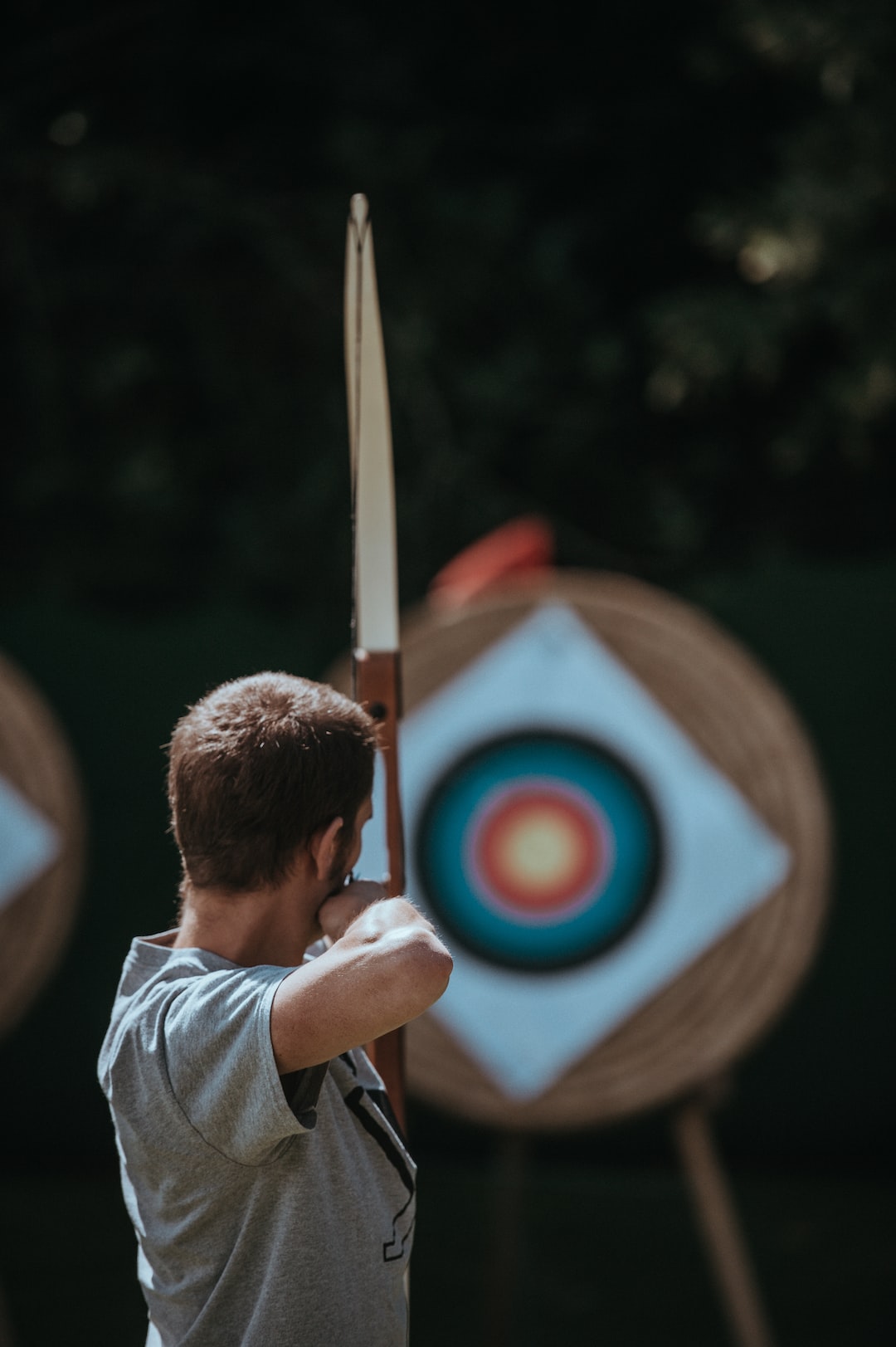The Evolution of Women’s Sports
Women’s sports have come a long way since their inception, with a rich history that spans centuries. From a time when women were restricted from participating in competitive activities to today’s thriving sports industry, the evolution of women’s sports is a testament to the progress made in gender equality.
Centuries ago, women were prohibited from engaging in sports and were relegated to more “feminine” activities. This was primarily due to societal norms and the belief that women were physically inferior to men. However, women have persevered and defied these stereotypes to pave the way for future generations.
It wasn’t until the late 19th and early 20th centuries that women started to break barriers in sports. The introduction of the suffrage movement and the growing fight for women’s rights played a significant role in challenging the status quo. Women like Alice Milliat and Louise McIlroy spearheaded efforts to establish women’s sports organizations, advocating for equal opportunities in competitive sports.
One of the early milestones in women’s sports came in 1900 when women were allowed to compete in the Olympic Games for the first time. This marked a turning point and a step towards gender equality in sports. However, it would still take several decades for women’s sports to gain the recognition they deserved.
In the mid-20th century, women’s sports faced a significant milestone with the passage of Title IX in the United States in 1972. Title IX was a federal law that prohibited gender discrimination in educational institutions, including sports programs. This law had a profound impact on women’s sports by mandating equal opportunities and funding for both men’s and women’s sports teams.
With the increased accessibility to sports, women began to excel in various disciplines gradually. The 1970s saw the rise of female athletes like Billie Jean King in tennis and Martina Navratilova in the same sport. These women challenged societal norms, shattered records, and became role models for aspiring female athletes worldwide.
The 1990s witnessed another milestone in women’s sports with the formation of professional women’s sports leagues. The Women’s National Basketball Association (WNBA) was established in 1996, followed by professional soccer and softball leagues. These leagues provided a platform for female athletes to compete at the highest level and earn a living by doing what they loved.
In recent years, women’s sports have gained significant traction, breaking barriers and creating history. The emergence of stars like Serena Williams in tennis, Megan Rapinoe in soccer, and Simone Biles in gymnastics has brought widespread attention and recognition to women’s athletics.
One of the driving forces behind this evolution is the increased media coverage and visibility of women’s sports. With technological advancements and a growing appetite for gender equality, women’s sports are now routinely broadcasted on television and streamed online. This exposure has not only captured the interest of fans but has also attracted corporate sponsorships, leading to increased financial support for female athletes.
Moreover, social media has played a crucial role in promoting women’s sports. Athletes now have platforms to share their stories, connect with fans, and inspire young girls around the world. This has been instrumental in breaking down gender stereotypes and empowering women to pursue careers in sports.
The future of women’s sports appears promising, with continued growth and recognition on the horizon. As more organizations invest in women’s sports and advocate for gender equality, barriers will continue to crumble. It is essential to foster an environment that encourages young girls to participate in sports and pursue their dreams, irrespective of societal expectations.
The evolution of women’s sports has been a journey of perseverance, determination, and breaking down barriers. From being denied access to competitive sports to having professional leagues and global recognition, women’s sports have made significant strides in recent decades. The road ahead is filled with promise, and the continued support and encouragement from society will ensure a brighter, more inclusive future for women in sports.

